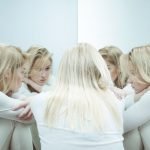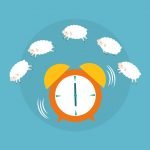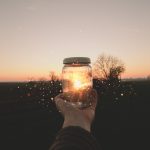A Return to Balance
The Vital Conversation
James Sensenig, ND
Judith Boice, ND, LAc, FABNO, VNMI
This article joins a series of articles in NDNR that are based on transcripts of the Naturopathic Medicine Institute (NMI)’s Wednesday morning call-in program, The Vital Conversation. The program is hosted by senior vitalists to enhance the ability of naturopathic physicians to practice as vitalist naturopathic doctors. In this lightly edited transcript (by Emily Kane, ND), Drs Sensenig and Boice discuss the effects of the Industrial Revolution and the vital importance of reconnecting with the earth.
Balance of Science & Soul
Dr Sensenig: Hello everyone! My guest today is Dr Judith Boice. We were just chatting about the total solar eclipse, and Dr Boice mentioned she had what can only be described as a sense of relief when the sun reappeared. That is so relevant to us as human beings; the sun is the source of our life, and without it we wouldn’t be here. It affects us on all levels of our being.
So, Dr Boice, how did you get interested in naturopathic medicine?
Dr Boice: There were 2 major contributing factors. One was my own illness. I won’t give you all the gory details, but I had health issues from birth. I was born without a hip socket. Thankfully, the doctor caught that right at birth, and I was put into a Frejka pillow, which over time allowed the femur head to gradually create a socket.
I also had chronic respiratory infections. My tonsils were taken out when I was really young. I was hospitalized with pneumonia.
Finally, at 10 years old, I was sick and tired of being sick and tired. I started reading everything I could get my hands on about health, diet, supplements, and exercise, because the doctors had reached the end of their knowledge trying to help me.
I had a 3-month bout of bronchitis, which hadn’t responded to antibiotics. Finally, I was tested for food allergies. The test identified 6 mild allergies, and after avoiding them for 2 weeks, my symptoms were completely gone. I was thrilled. A lot of people said, “How could you live without eating these foods?” From my perspective, it was a bargain! I was so excited that I had something that I could control to support my health.
I also started backpacking. When I was 16, I was in the Wind River Range of mountains in Wyoming. We had been backpacking for about 3 weeks. In general, after a certain amount of time backpacking, I get into a completely different rhythm and connection with the earth. On one particular morning, I woke up early and saw that it was a crystal-clear, still day. I got up before anybody else. I hiked to a nearby lake and sat watching the sunrise. We were up at about 12 000 feet. I was looking out and just being in that place. I suddenly had this deep, profound experience of everything around me being alive. I was alive, the lake, the mountains – everything around me – was alive.
That experience began to alter me. It seeped into the way I understood the world and the way I went about my life.
I began to study communities that have a relationship with the earth, because I believed that if people lived in the right relationship with the earth, their leadership style would be different. If you look at most native cultures, you see profound earth connections. They structure and lead very differently compared to most modern Americans.
I lived with the Bear Tribe, which was north of Spokane, WA, with the help of a grant from the Mellon Foundation. I also lived and worked at the Findhorn Foundation in Scotland for 3 years. I lived for about 4 months in Auroville, an intentional international community in southeastern India.
I lived and traveled with traditional Aboriginal people in Australia. That was an extraordinary and magical experience. I was helping a filmmaker make a video about their struggles with uranium mining companies coming onto their traditional land. We were 1000 kilometers from the nearest “civilization,” in the middle of the Western Desert in Australia.
Those experiences seeded in me a deep desire to practice earth-based medicine. I started looking at how I could practice medicine within my own culture. The closest I could get to that – without feeling like I had sold my soul – was the naturopathic medical world. I love science. I’m absolutely geeky about research and science. I also knew that medicine and healing was profoundly connected to the earth, and with spirit, and with the way we live in community, and the way we live in “right relationship” with ourselves. To me, medicine starts with being in right relationship on all of those different levels.
I think of science and spirituality as two oars on a rowboat. If you row with only one oar – either science or spirituality – the boat goes in circles. If you row with both oars, the boat travels forward. Health is only possible by balancing the researched, evidence-based information with the unnamable, mysterious spiritual aspect of our lives
I was studying evolutionary biology back in the ‘80s. There were evolutionary biologists back then saying that evolution favors those species that most contribute – not dominate, but contribute – to the life of others; this was completely revolutionary. That was a complete 180-degree turn from Darwin’s idea of nature being fiercely competitive, bloody, and tooth-and-claw.
However, in Darwin’s later works he was already starting to shift towards that understanding of collaboration and cooperation providing for evolution. But that part of his work is not as well recognized today. I read the work of some other authors, who said that Darwin had a much more holistic view and a more synergistic collaborative view of nature, but that he was trying to present his ideas in a way that were palatable at that time.
Misinterpretations
Dr Sensenig: I often wonder why we think what we think and believe what we believe. Was Darwin right, wrong, or misinterpreted? Darwin’s “survival of the fittest” may not be just an idea in biology; it’s an idea that fits the capitalist system very well.
Look at leadership structures in indigenous communities, which, as you pointed out, are much more connected to nature. The way that we understand everything is informed by feeling connected or not. So the idea that there’s a survival of the fittest in biology or in nature also flows into our politics, economy, medicine… absolutely everything.
Is the misinterpretation of Darwin’s findings informing those other aspects of our life, or is it the aspects of our life informing the way we interpreted him?
Another example that comes to mind is the germ theory. People credit Pasteur with the idea that germs cause disease. Actually, Pasteur never said that germs cause disease. What he said was that the microbes that he was identifying seemed to cause pathological changes and that the microbes could produce these pathological changes under the right conditions.
When he was unable to produce those pathological changes, he would ascribe that to the healing power of nature. He used those very words – Vis Medicatrix Naturae – to explain the force that prevented the microbes from producing pathology. And yet, we have a whole culture, a whole medical system, a whole economy, built on the idea that there is a single cause of a single disturbance in the biology of the body. We have built an entire medical system on that idea that you can take this drug for that symptom, which is an outgrowth of the “magic bullet” approach to medicine, which in turn is from the misinterpretation of Pasteur’s work.
Did that misinterpretation drive the culture and the economy, or does our way of living lead to the misinterpretation?
In the alternate paradigm, which is represented by Vitalism, which should inform naturopathic practices, we see things completely differently than the rest of our culture. We’re basically standing alone in this other world, other than perhaps the indigenous cultures of the planet.
Unified Construction
Dr Boice: That question of what part of culture is influencing the other part is moot to me. It’s whole cloth; in other words, a thread is woven through the whole of it. To me, there’s an important piece that happened even earlier, with the beginning of the machine age, which is the death of nature and our connection with the Earth.
There’s a wonderful book by Carolyn Merchant called The Death of Nature, which came out in the ‘80s. She describes how, before the Industrial Revolution, the European cultures were still agrarian; they were still deeply balanced with the cycles of the earth; they were completely dependent on the agricultural environment for their livelihood, their food, everything.
During that time, when we were deeply, profoundly connected with the Earth, we could not imagine harming it. That was unthinkable. Why would you destroy the environment that you were dependent on, that you were part of?
If you look at the cities that were developed at that time, like the European cities and small towns, they were largely developed in a cellular structure. If you take an aerial view, you see that they have a contained cell wall, and they have the church and town hall at the center, like the mitochondria. They were very well-structured and well-ordered environments. The way we lived our lives then was a reflection of the deep, profound connection with the Earth.
Merchant makes the point that in order to fuel the Industrial Revolution, we had to start utilizing the elements of the Earth beyond the Earth’s carrying capacity. We had to start outstripping a sustainable model. We could not fuel the Industrial Revolution in a sustainable model.
It was a very conscious, cultural movement – not just economically, but also philosophically, religiously, politically, etc – to begin to disengage from our connection with the Earth. Now, if you look at aerial views of places like Los Angeles, you see that it has the same sprawling structural pattern that cancer has. There’s no unified construction.
The way that we live our lives, the way we build, and the way that we interact with the Earth today, is reflected in our disconnection with the Earth. If you step back and take a large view of the structures we create, you’ll see that disconnection.
The deepest level of healing – culturally as well as physically – is to restore that respectful, sustainable connection with the Earth. Our own health is intimately bound with the health of the Earth.
In my studies of group structures, a researcher said that the only egalitarian structures and societies she found were those that either had a feminine understanding of divinity or a shared male and female understanding of divinity. There was no egalitarian structure that came out of a patriarchal society.
In the United States, our system of government came primarily from the Iroquois. They are a matriarchal culture that has a deep, long, and sustainable connection with the Earth. So a lot of the core of our political system, if it’s honored – which is another whole discussion too – actually comes from a deeply-rooted, sustainable model of connection with the Earth. That is where the foundation of our government came from.
Earth-Based Medicine
Dr Sensenig: We are so far away from that. Even Thomas Jefferson said that for our form of government to work, we need an educated citizenry who vote. Education doesn’t mean more facts. It means more wisdom and understanding of our relationship to the cycles of nature and the forces of nature. We are very far removed from that!
Dr Boice: We are. Another way that Jefferson was visionary was actually writing that there should be no patenting of seeds. That was because he understood that seeds were the foundation of agriculture, and agriculture was the foundation of a sustainable society. When the patenting office started, there was discussion of whether seeds would be patentable, and Jefferson said, “No way! We need to have seeds available to the public.” In fact, there are seeds stored in the Library of Congress. He was profoundly visionary in understanding the importance of seeds.
Dr Sensenig: Right, and the need for diversity.
Dr Boice: Yes. Also the importance of locally adapted seeds, so that squash that grows in Virginia is going to be different from squash that grows well in North Dakota or Italy or somewhere else.
Part of a physician’s job 200 years ago was not only to prescribe, but also to grow herbs. That will increasingly become part of our job as naturopathic physicians, including training our patients in growing their own medicines. We’ll need to teach them how to grow and use the native medicines that are in the areas where they live.
As we shift more and more toward natural medicines, there is going to be an incredible demand, which will probably far outstrip what is commercially available at this point.
I would say that our medical systems are going to differ according to where we live on the Earth. That’s why we have Tibetan medicine, Ayurvedic medicine, and Chinese medicine, and the Arab world has its own system of medicine. We also know about the traditional system of European medicine that named forces such as humors and elements, etc. But each part of the planet will develop different medical systems depending on the peoples’ relationship with the earth.
Regarding Chinese medicine, the southern part of China is hot and humid, so they developed a whole different system of medicine than that of northern China, which is cold and dry. They shared the same principles, but the herbal formulas and the systems of practice they developed were different because they saw different types of disease. The Chinese have much more humility about the effect of the natural forces on the body and recognize the impact of the environment.
It’s not only the unique kinds of diseases in each part of the world, but also the medicines that are available to us in each locale. With all the global changes that are occurring, ideally we would focus more and more locally on the plants and the different types of medicines that are available, in order to start restoring some balance.
Many native teachers say that if we have the ears to hear and the eyes to see, everything that we need medically is within 50 miles of where we live. I’m certainly not perfect in that regard, but if I have a choice between 2 different diuretics, and one of them grows locally, I’m going to go with that one.
Dr Sensenig: What attracted you to the Naturopathic Medicine Institute?
Dr Boice: Naturopathic medicine without the vitalistic tradition is like having a radio that has no innards. It can’t play any music, it has no use; it’s just an empty shell.
NMI’s work is to preserve and present a profound understanding of the power of natural healing forces. Supplements in themselves have very little power; it’s how they’re applied that matters.
Dr Sensenig: Like our predecessors have said, “It’s not what you do, but what you hope to accomplish.” Our modalities are tools, and it’s the way the tools are applied that counts. We’re not defined by our tools; we’re defined by our philosophy.
In Vitalism, what we hope to accomplish is the restoration of normal function and structure – in effect, a return to balance.
This column, based on the Vital Conversations of the Naturopathic Medicine Institute,1 will continue in next month’s NDNR.
Reference:
- Naturopathic Medicine Institute. Celebrating the Healing Power of Nature. Available at: https://www.naturopathicmedicineinstitute.org/.
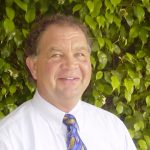
James Sensenig, ND, was a 1978 graduate of NCNM in Portland, OR. For over 40 years he maintained an eclectic practice in Hamden, CT. Over the years, Dr Sensenig held prominent positions in the various naturopathic colleges and the AANP. A champion of classical naturopathic medicine, Dr Sensenig received an Honorary Doctor of Naturopathic Philosophy degree from CCNM, and received numerous awards for his dedication to teaching the principles of naturopathic medicine. We invite you to participate in the Naturopathic Medical Institute (NMI) Vital Conversations, our annual Vital Gathering conferences, and many other resources found at our website: www.naturopathicmedicineinstitute.org.
***
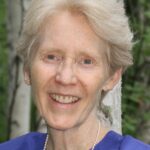
Judith Boice, ND, LAc, FABNO, VNMI, is a naturopathic physician, acupuncturist, #1 international best-selling author, and award-winning author and teacher. Her mission is treating the whole person, not just the symptoms; she delivers sustainable health care rather than quick fixes. She graduated from NCNM (1994) and the Oregon College of Oriental Medicine (1996). Dr Boice has been in practice for 25 years and is a Fellow of the American Board of Naturopathic Oncology (FABNO) and Senior Vitalist of the Naturopathic Medical Institute. She is a professor for the American College of Traditional Chinese Medicine, Pacific College of Health and Science, and the American College of Healthcare Sciences.


